
By now we have all heard the news: the New York City Department of Education is cutting funding for the Townsend Harris-Queens College Bridge Program. I join many of my fellow Harrisites in expressing dismay at this unfortunate sequence of events. It seems almost cosmically unfair that New York City’s brightest students should be asked to sacrifice even more in the face of the COVID-19 pandemic, which has already disproportionately and indelibly affected our city and their education. However, I decided to write this piece not merely to highlight the abundant sadness that this ill-starred occurrence has wrought, but rather to urge the community to see this hardship as an opportunity. Clichéd though it may be, the Townsend Harris community must turn these lemons into lemonade. There is a reason Ad Astra Per Aspera appears above our library’s threshold.
“To the stars through difficulty,” is how I would translate our motto. There can be little doubt as to the character of the difficulty Townsend Harris currently finds itself in, but there must be some uncertainty as to what constitutes “the stars.” For many, I imagine, “the stars” represent a sort of status quo, by which I mean the resumption of the Bridge Program as it was before the start of the pandemic. Here, I will not mince words: this would be a mistake. While in the editing process of this piece with the excellent editors and the faculty advisor to The Classic, I was informed the program has changed significantly since I was at senior at Townsend Harris. These changes are well-intentioned, but do not go far enough. As far as I can tell there are currently two constituent parts to the Bridge Program: (i) the humanities seminar and (ii) the Queens College electives. I will strive to look at each component of the Bridge Program separately and offer ways that I think they can be improved. Before offering specific changes, however, it is imperative that we first consider the goals of the Bridge Program as it was originally envisioned.
The primary goal of the Bridge Program is a high-minded one: to provide a meaningful, humanities-based intellectual capstone to the best education New York City has to offer. Aside from this primary mission, there are two equally important, adjacent goals that should not go without mention. In a school as diverse as Townsend Harris, the Bridge Program serves to both provide a “soft” introduction to higher education for many first-generation college students, while also helping to defray future college costs by offering college credit tuition free. These are lofty goals that befit an institution of Townsend Harris’ academic caliber and social importance. And, indeed, I often swell with pride when I talk about Townsend Harris’ place as a transformative institution not only in my own life, but also in the lives of many of my peers. However, this does not mean the Bridge Program is above reproach. We, as a community, must now ask if the Bridge Program does indeed reach these lofty heights.
My response to that question is straightforward: we can do better. Please keep in mind that the suggestions I will offer next come not only from an individual with deep affection for his alma mater, but also as a professional classicist who has taught many freshmen at a university level. The humanities seminar must be reconceptualized. I was happy to hear that changes have been made to the humanities seminar, or the “humanities sequence” as we used to call it, since I was enrolled at Townsend Harris (1). It is no longer a yearlong “great books seminar” as it was in years past, but rather a two-part seminar. The first part is roughly analogous to the old humanities sequence, but with a greater focus on fostering individualized interactions with the text and on improving student writing through drafting, tutoring, and workshopping. The second part of seminar is an entirely novel conception, which is wholly focused on original research in the humanities, which then culminates in the Humanities Symposium where this research is presented. These are vast improvements, but they do not go far enough.
The first portion of the humanities seminar should be supplemented by a mandatory sitting of the AP Literature and Composition Exam in the Spring. The humanities seminar should be preparation enough for Townsend Harris seniors and by sitting the AP Exam they have a better chance at receiving college credit, which is a goal of the Bridge Program. University registrars often do not know how to assign institutional credit to idiosyncratic classes like the humanities seminar, and this would ensure, more often than not, that our students’ hard work does not go unrewarded. The second part of the humanities seminar must be jettisoned entirely. Allow me first to say, I have watched a few of the Humanities Symposium presentations from 2020 and have been duly impressed as both a humanist and educator at the great work being done. However, I fear it does little to prepare students for the realities of college research and writing.
I propose, instead, that the second semester of the humanities seminar be replaced with Introduction to Expository Writing, which is to be based on numerous such courses offered to university freshmen around the country. This course would be taught jointly by Townsend Harris and Queens College faculty, and it would emphasize many different styles of essay writing. The final project of the second semester would be a long research paper that seeks to incorporate original research by relying heavily on digital academic databases, like JSTOR, which have now become indispensable to serious academic research. As for the elective portion of the Bridge Program, I would urge Townsend Harris and Queens College leadership to consider tailor-made classes for Townsend Harris seniors developed and taught exclusively by Queens College/CUNY faculty. Trust me, there are many academics who would jump at the opportunity to teach New York’s brightest. This would also serve as a remedy to the unfortunate fact that Harrisites are often left with undesirable Queens College electives because they register last.
These tweaks to the Bridge Program not only make it hew closer to the program’s original vision, but they also finish the modernization of the program begun some seven years ago. As a professional classicist I believe deeply in the importance of the “great books” seminar and original research in the humanities, but as an educator I do not believe the humanities seminar prepares Townsend Harris seniors for the realities of college level research and writing as well as it could. By adding the AP English Literature and Composition Exam requirement to the first semester, one all but guarantees college credit for our graduating seniors. Secondly, Introduction to Expository Writing will prepare students to write and research not only in the humanities, but across all disciplines. Moreover, universities will be more willing to provide college credit for a course that has been modeled on one offered on their campus. These changes, I am certain, will give our students even more confidence as they prepare to enter a far more capacious intellectual world. The lemonade has been chilled; we are nearing the stars.
If I may now speak directly to the current students of Townsend Harris: keep fighting. When I was a student, we faced a similar reckoning during the so-called “Great Recession.” Then, much like now, the alumni association, faculty, and student body mounted a major letter-writing offensive that helped to salvage some of our most cherished programs. While our current predicament far outstrips even the darkest days of the 2008 Financial Crisis, my faith in our ability to secure our future has never been stronger. While the Bridge Program may now be on moratorium, I am confident it will return as an even better version of itself sooner rather than later. I certainly don’t want to offer false hope, as it is entirely possible if not probable that the situation will only get worse before it gets better. That just means we will have to redouble our efforts, but I am assured they will not be in vain. Before I depart, I ask for your forbearance as you allow this classicist to leave you with a small sliver of Virgilian wisdom amidst our myriad present difficulties: “these too shall pass.”
-
Here, I would like to thank the indefatigable Mr. Brian Sweeney for his help in understanding the complexities of the new humanities seminar.
Keegan J. Valbuena is a graduate of Townsend Harris’ Class of 2010. After his graduation from Townsend Harris, he went on to earn degrees from Columbia University, Cambridge University, and Princeton University. He is currently writing his dissertation on Roman Votive Temples during the Middle Republic in the Department of Classics at Princeton University.

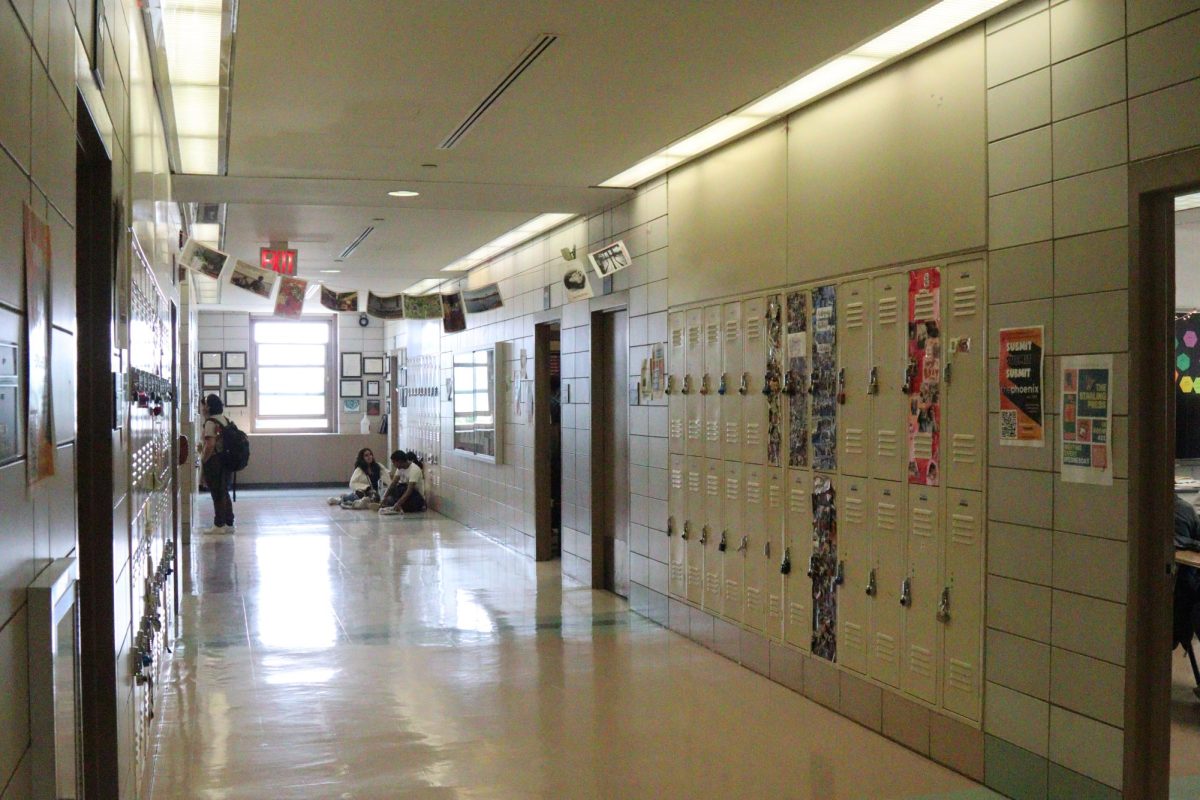
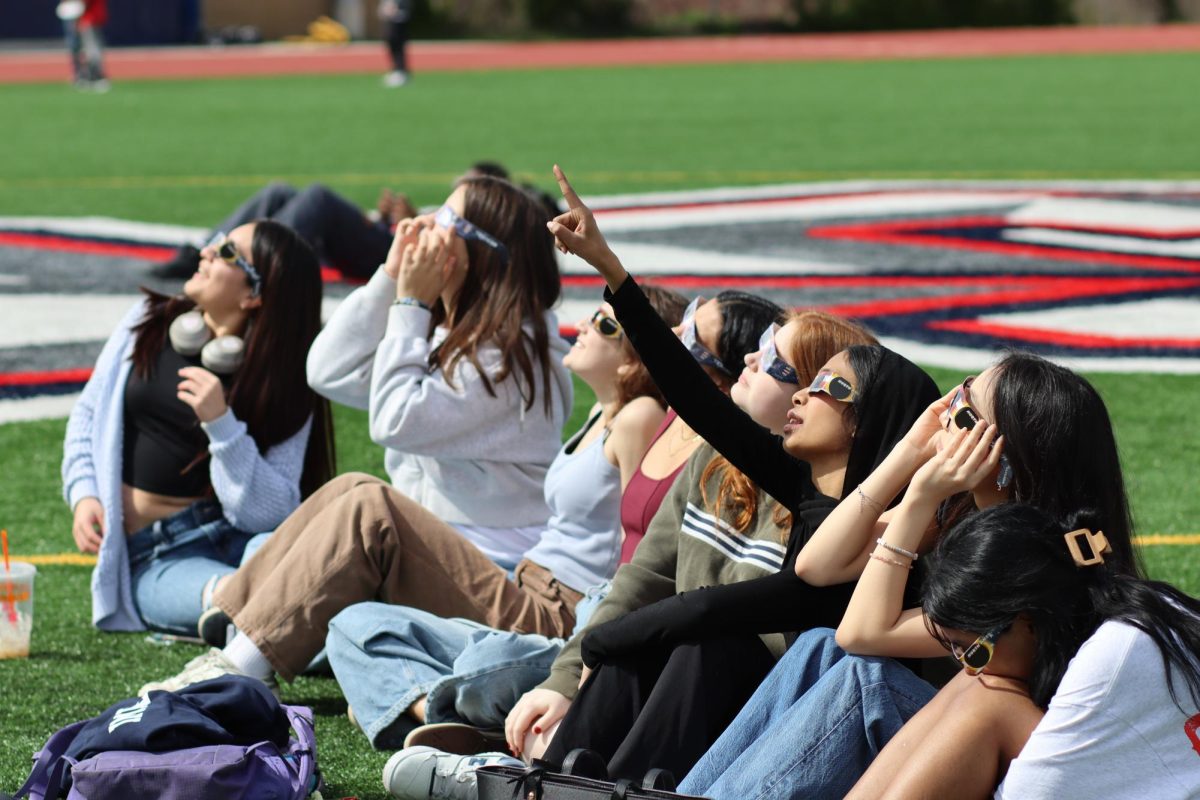

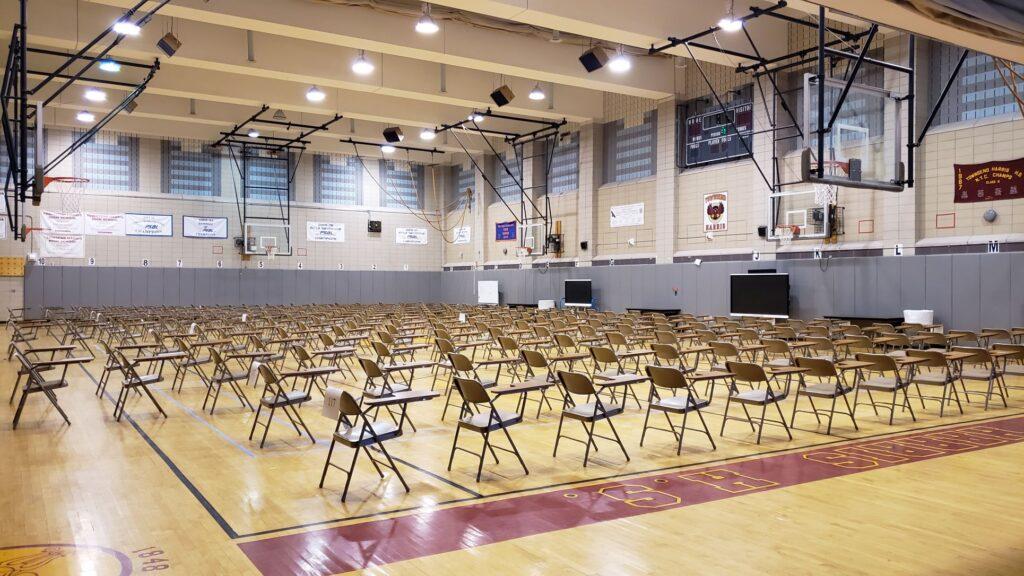
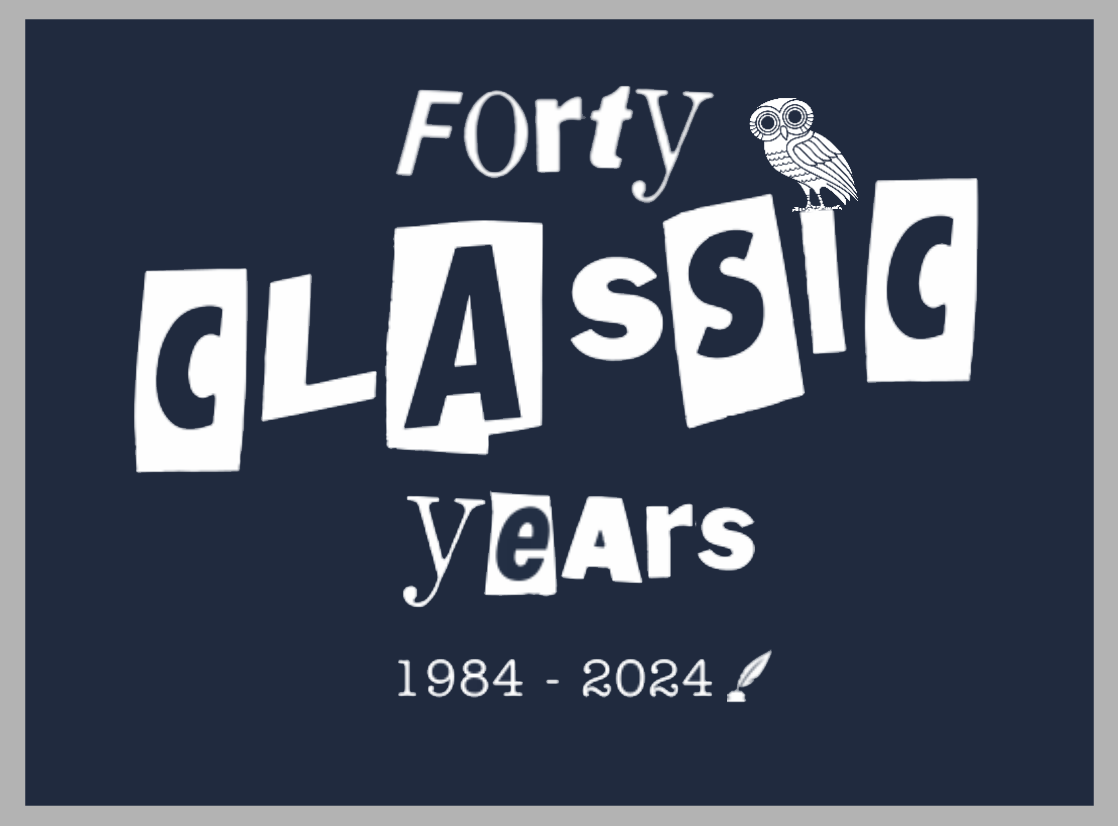
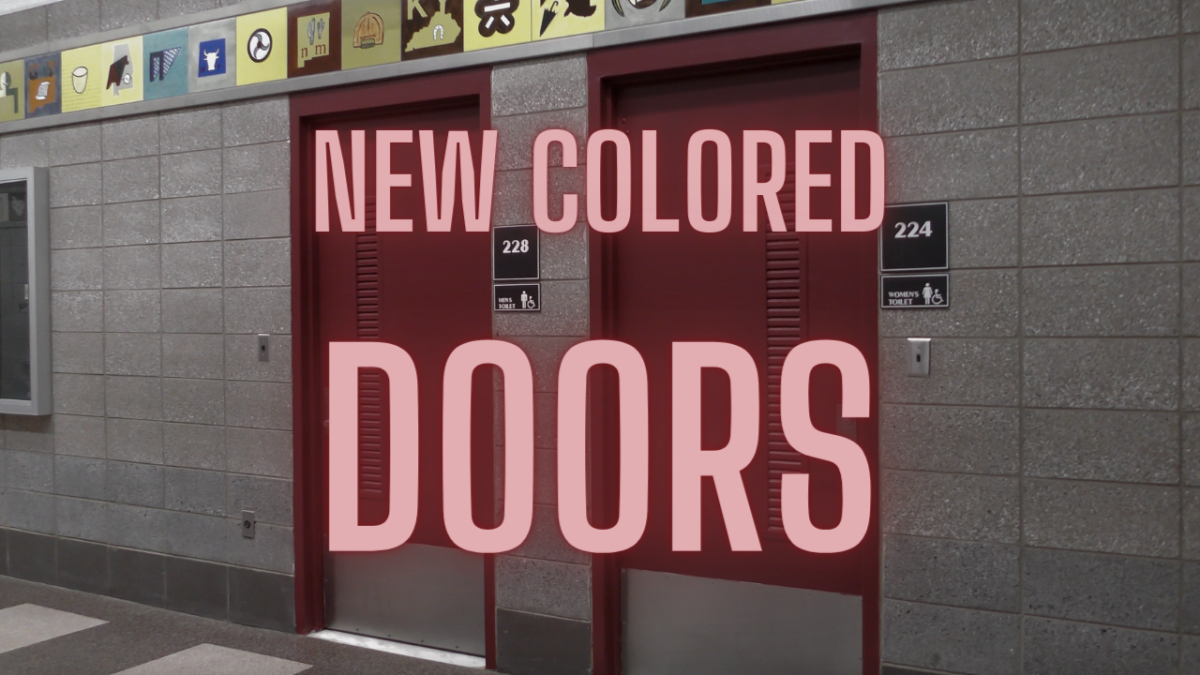
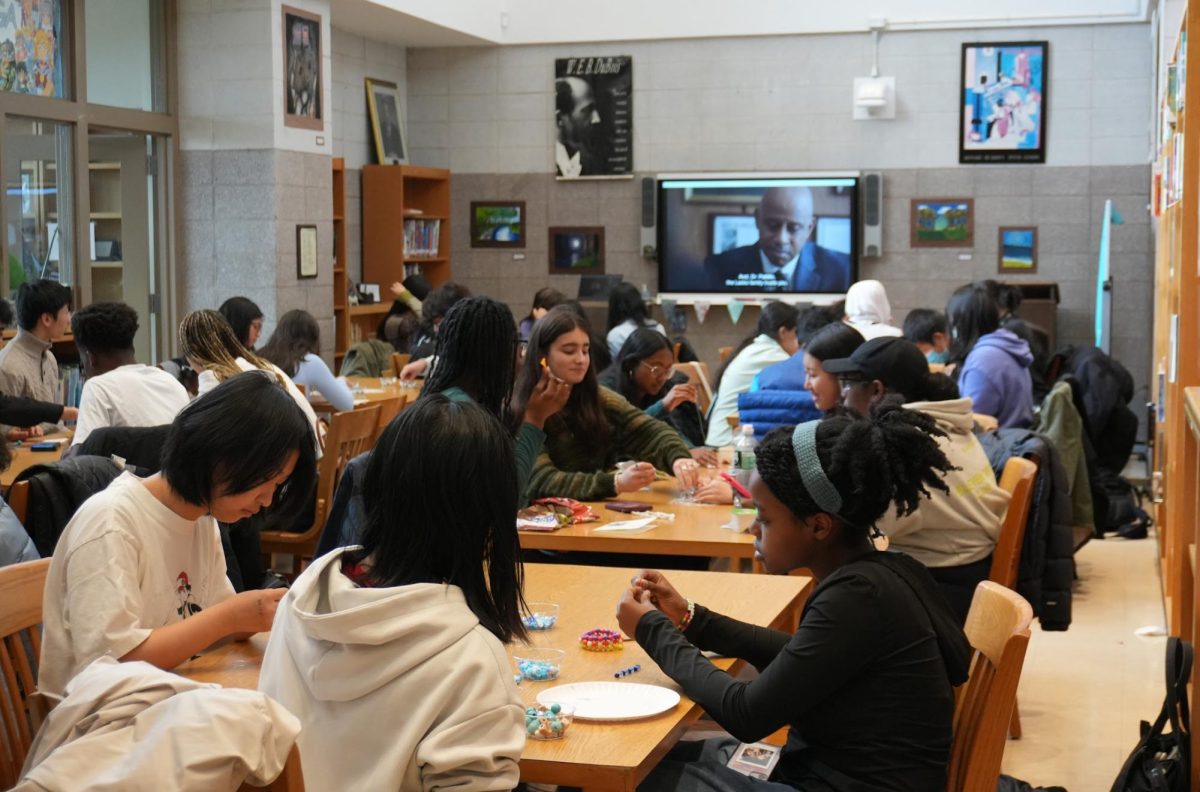
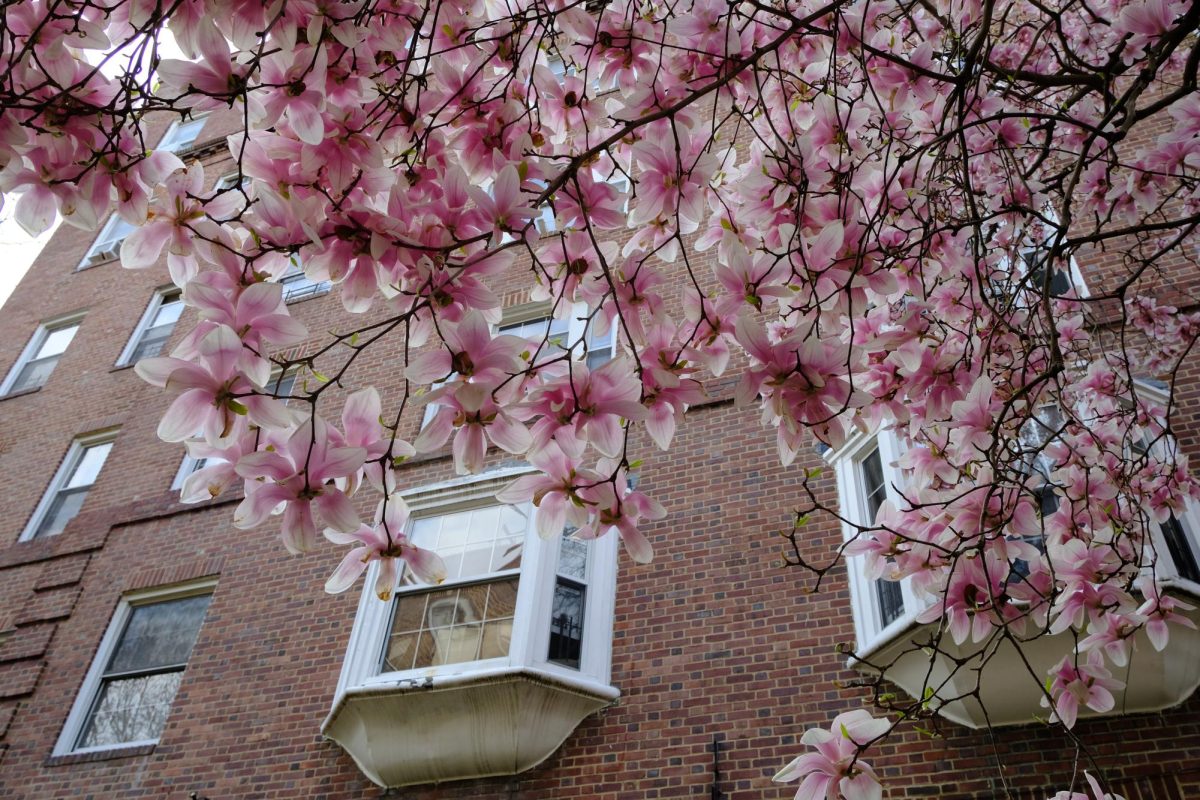
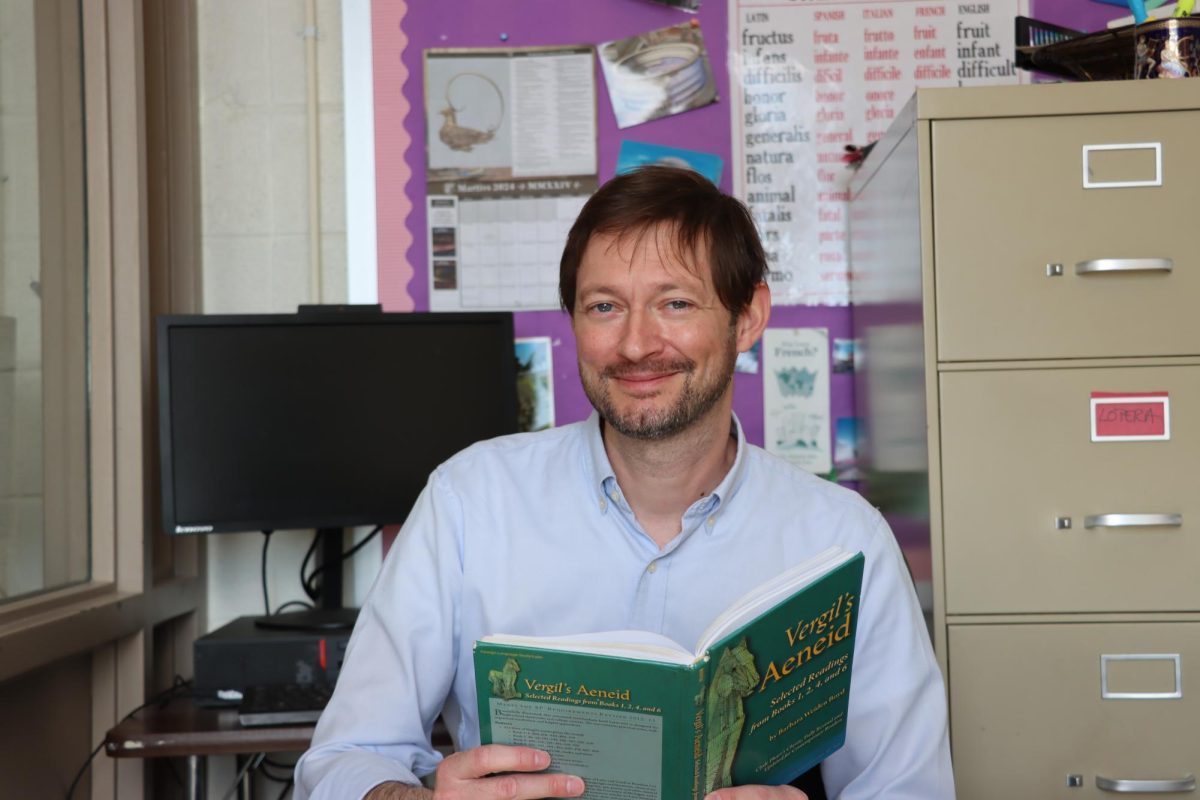
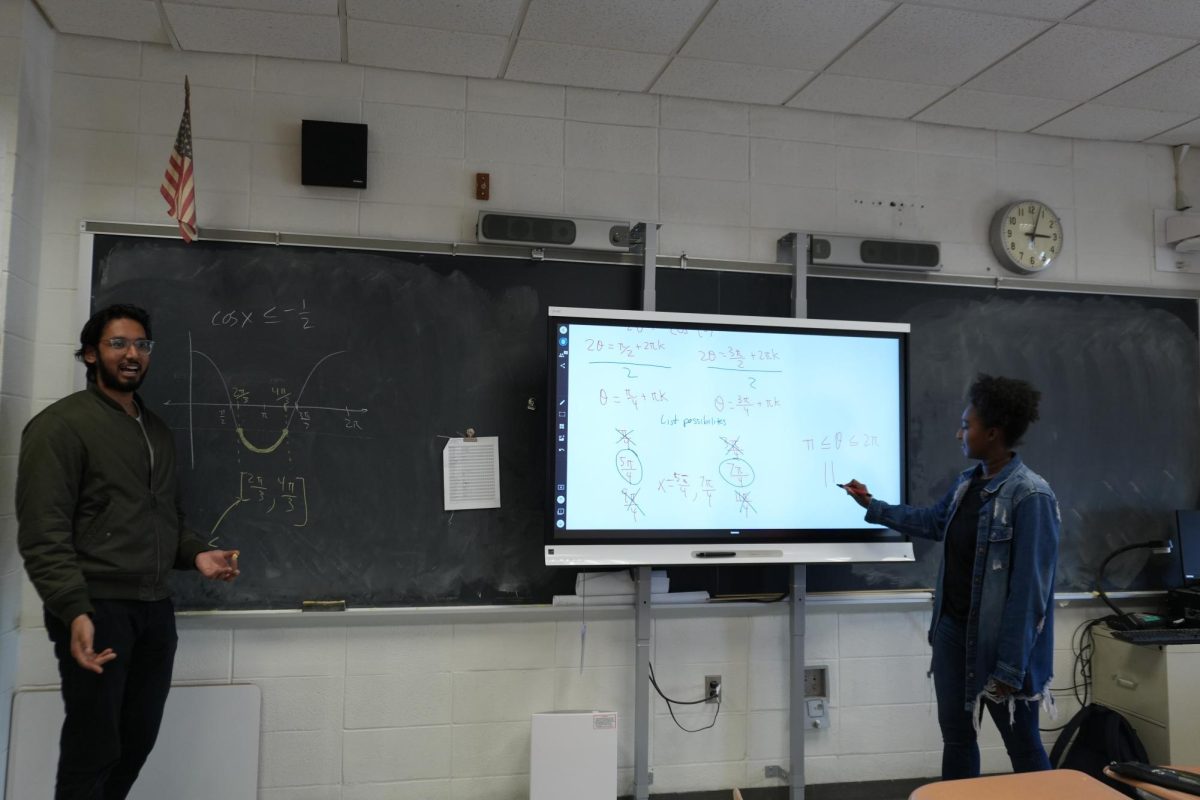


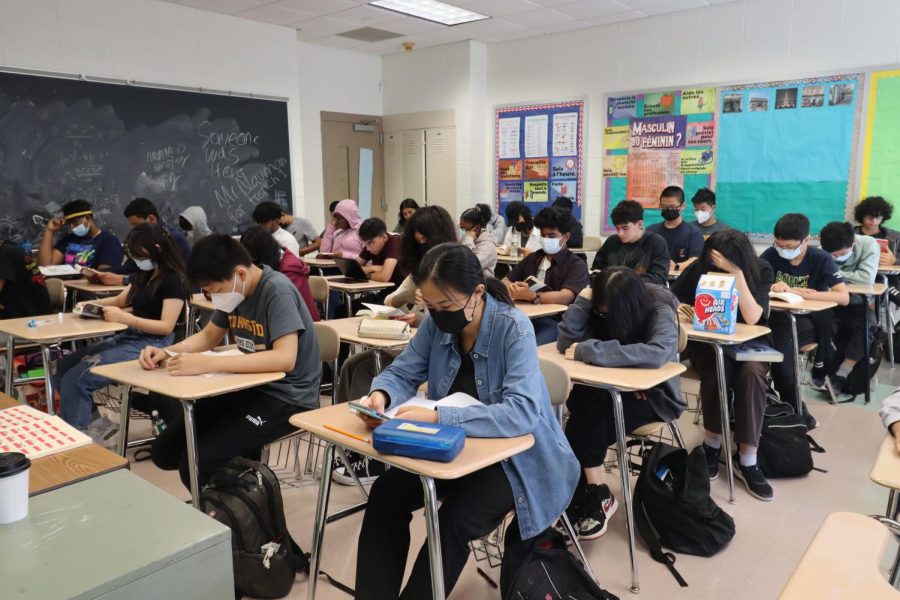

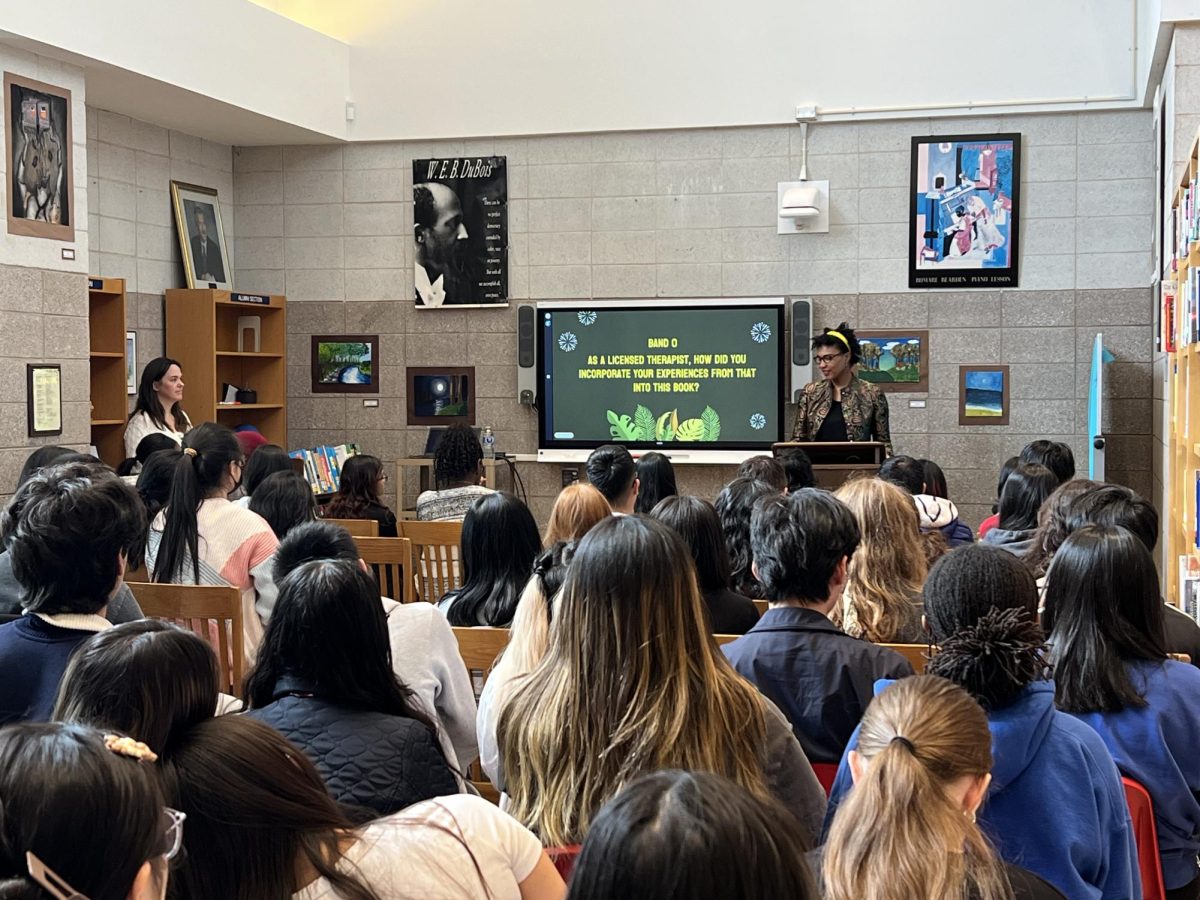
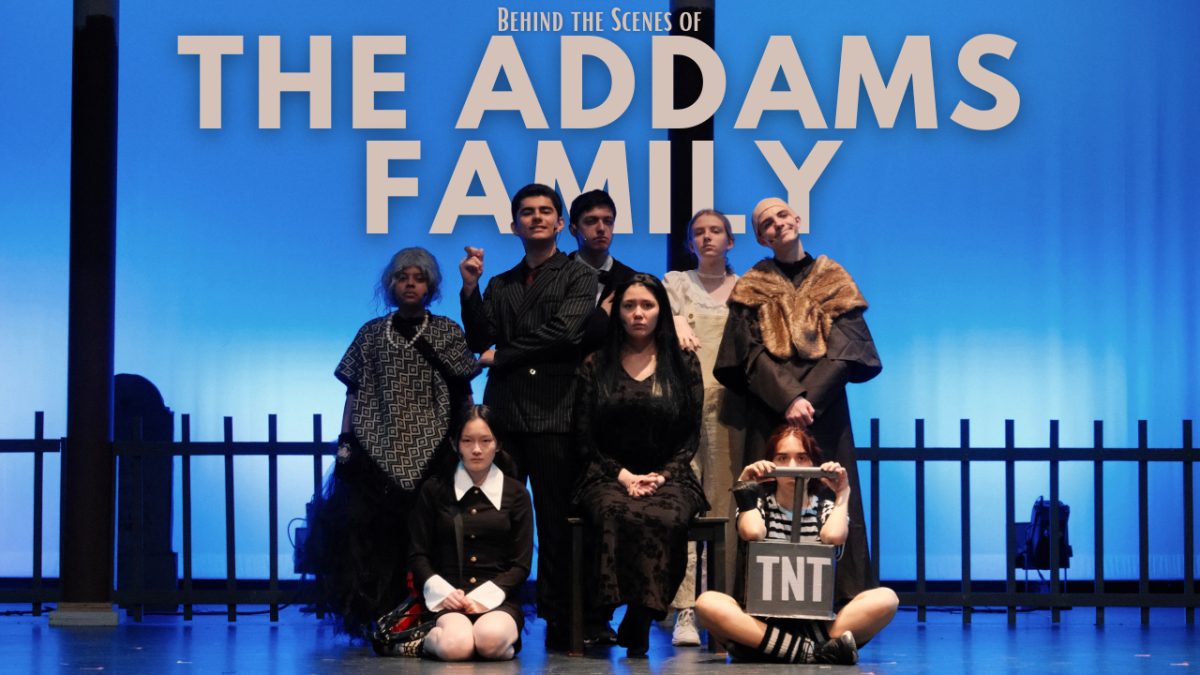
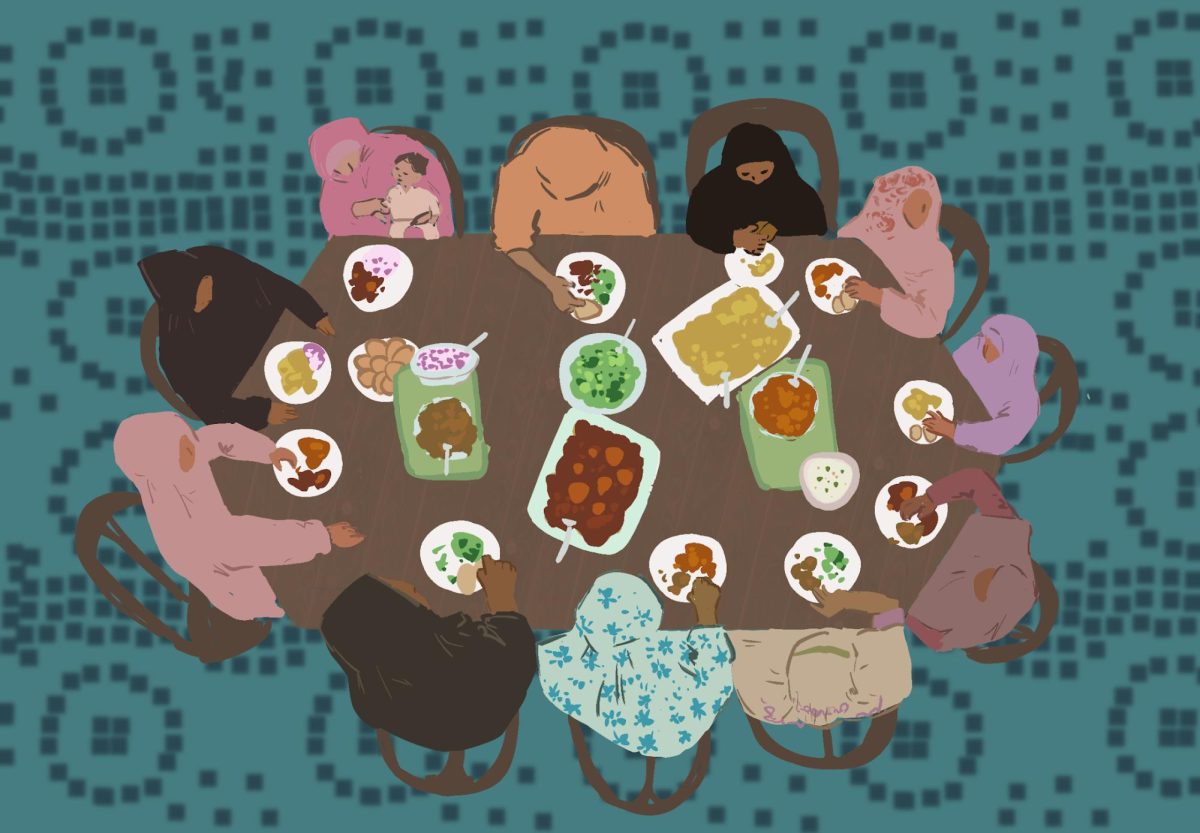
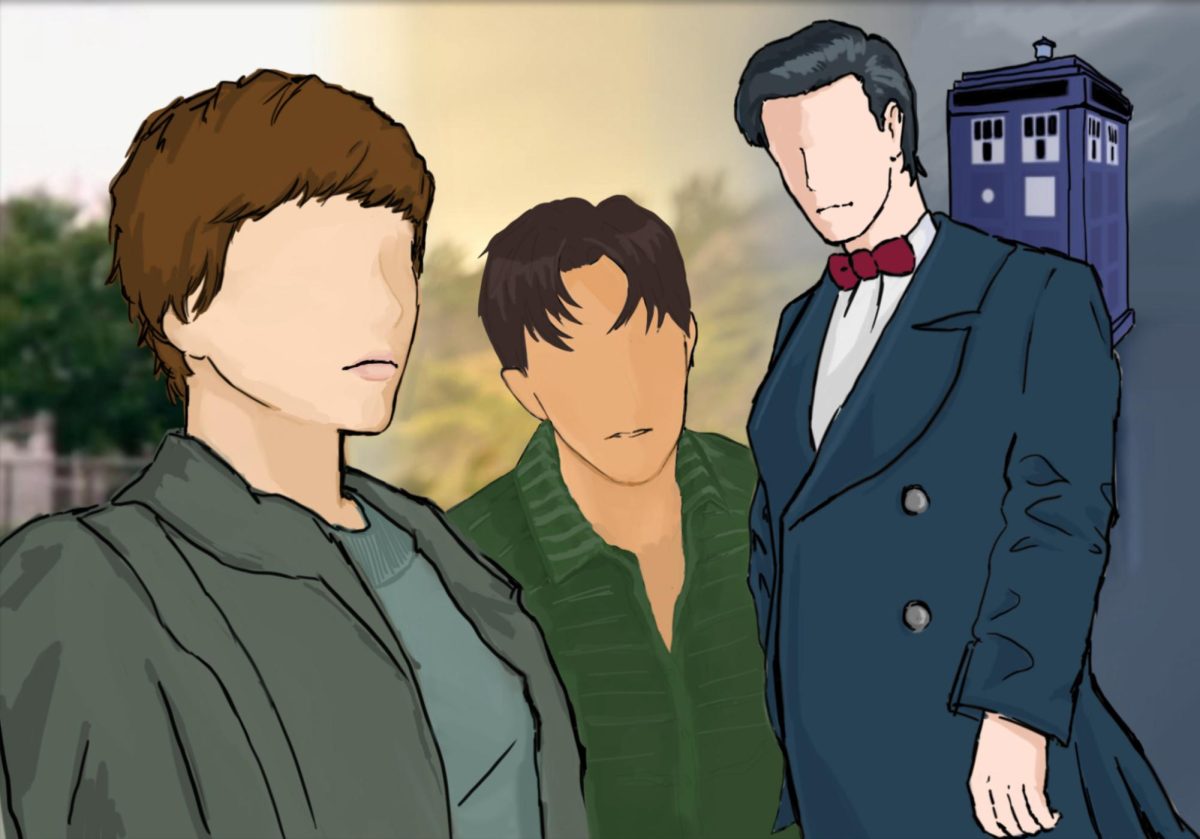
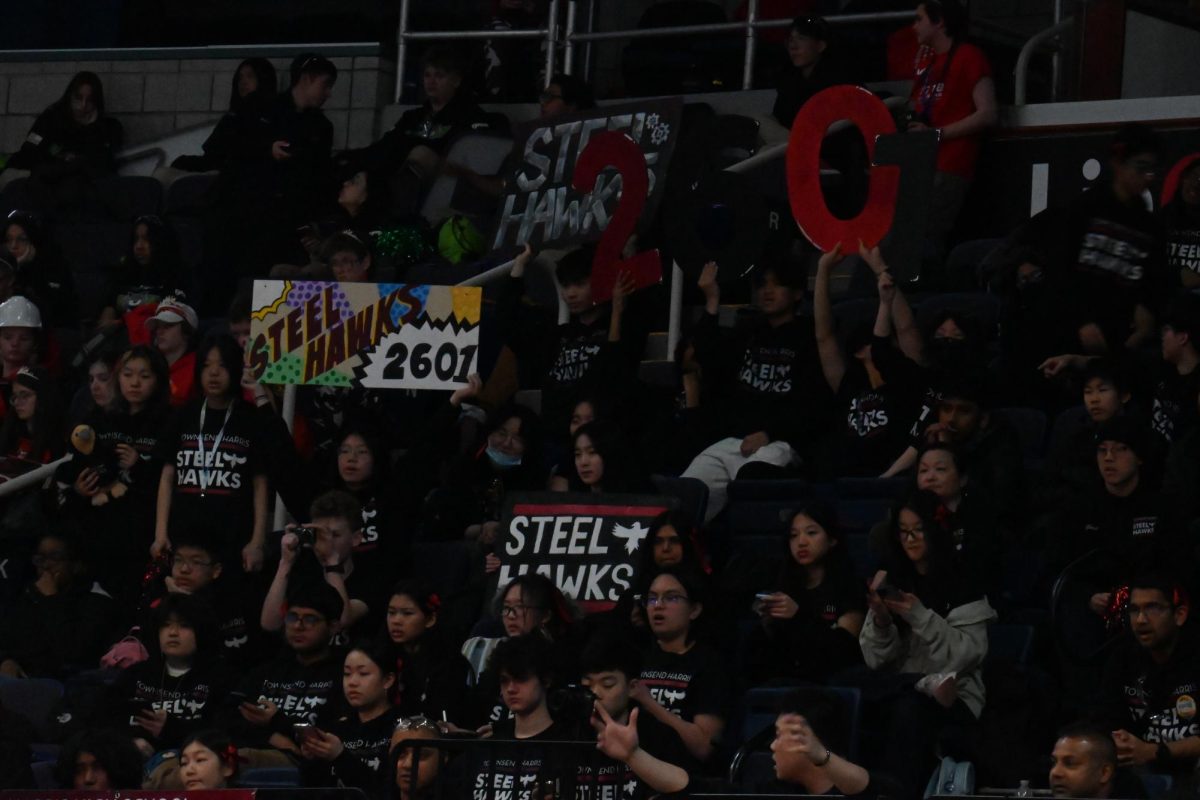


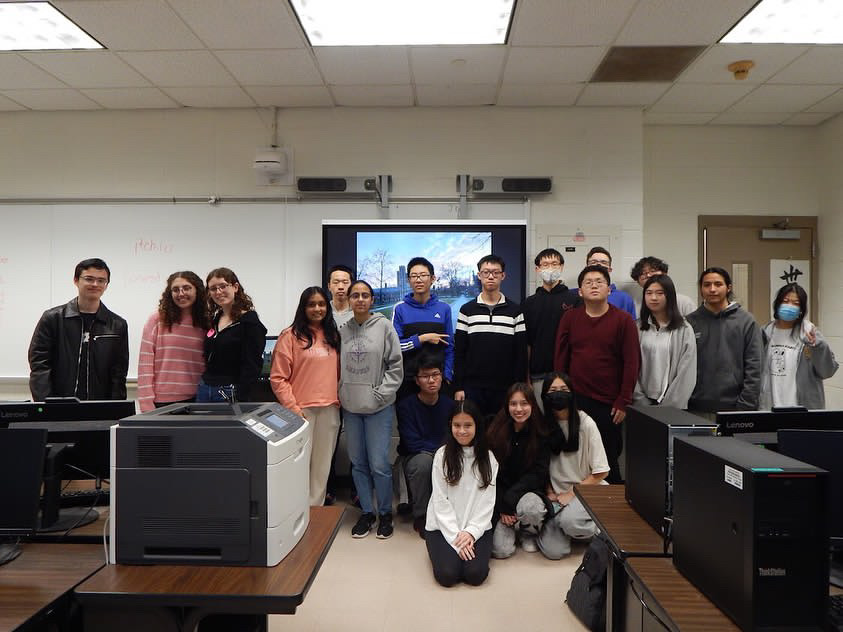
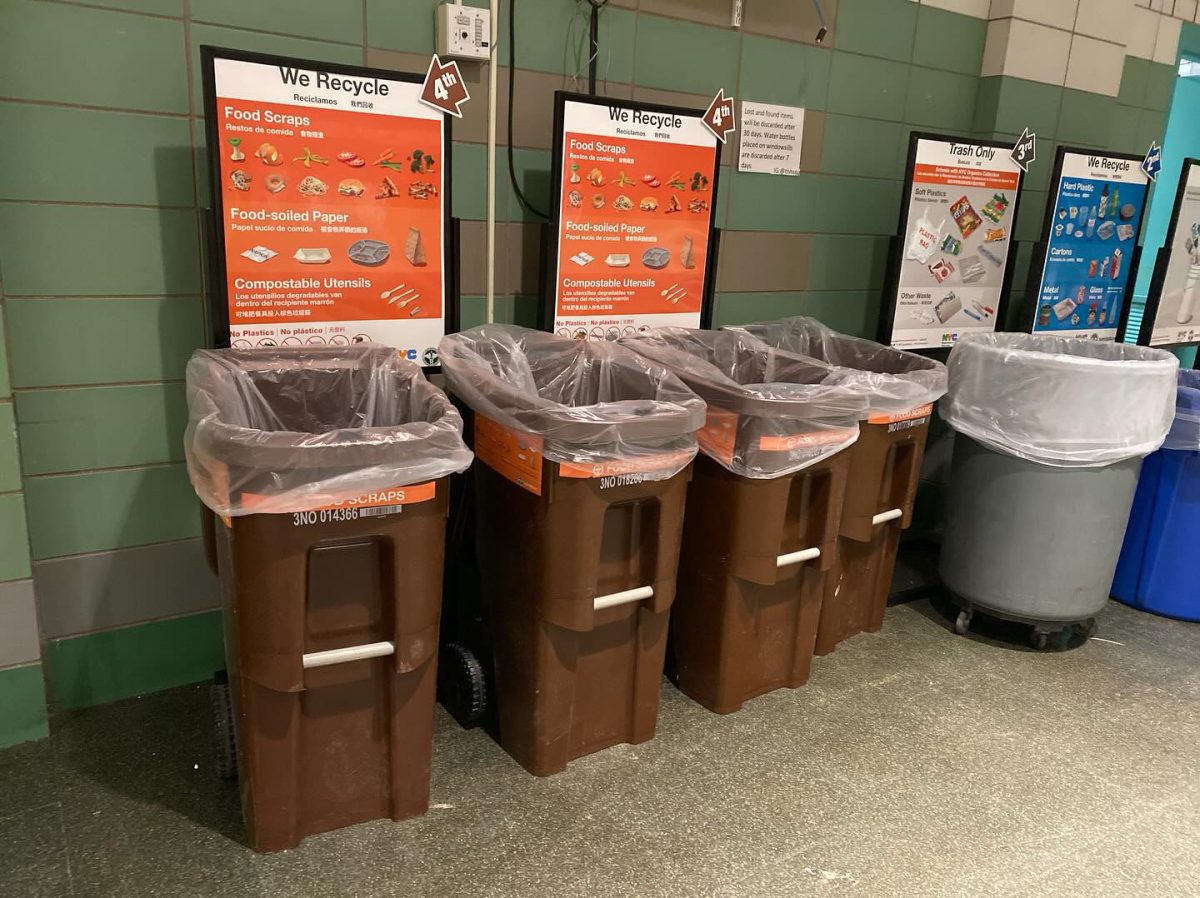

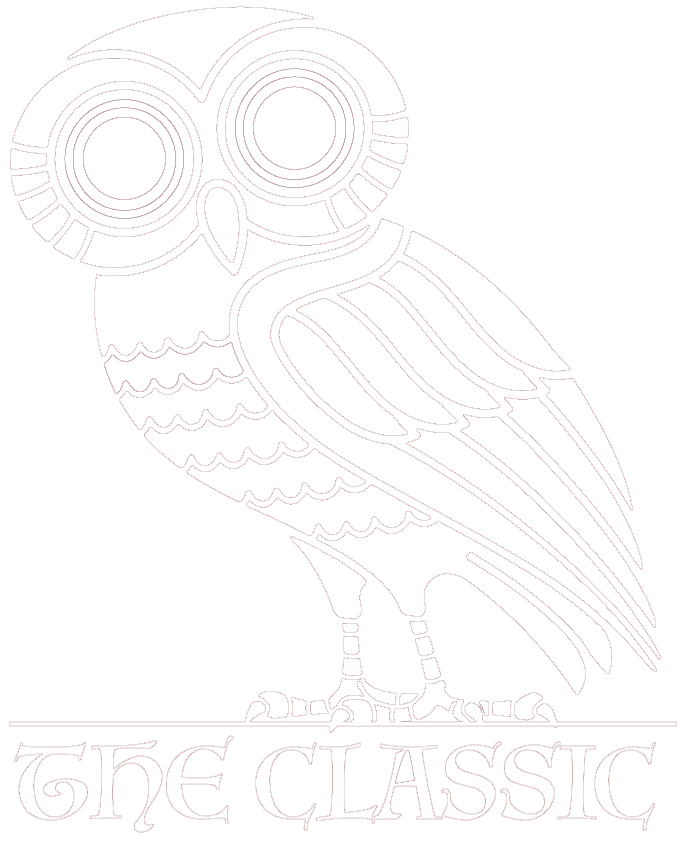
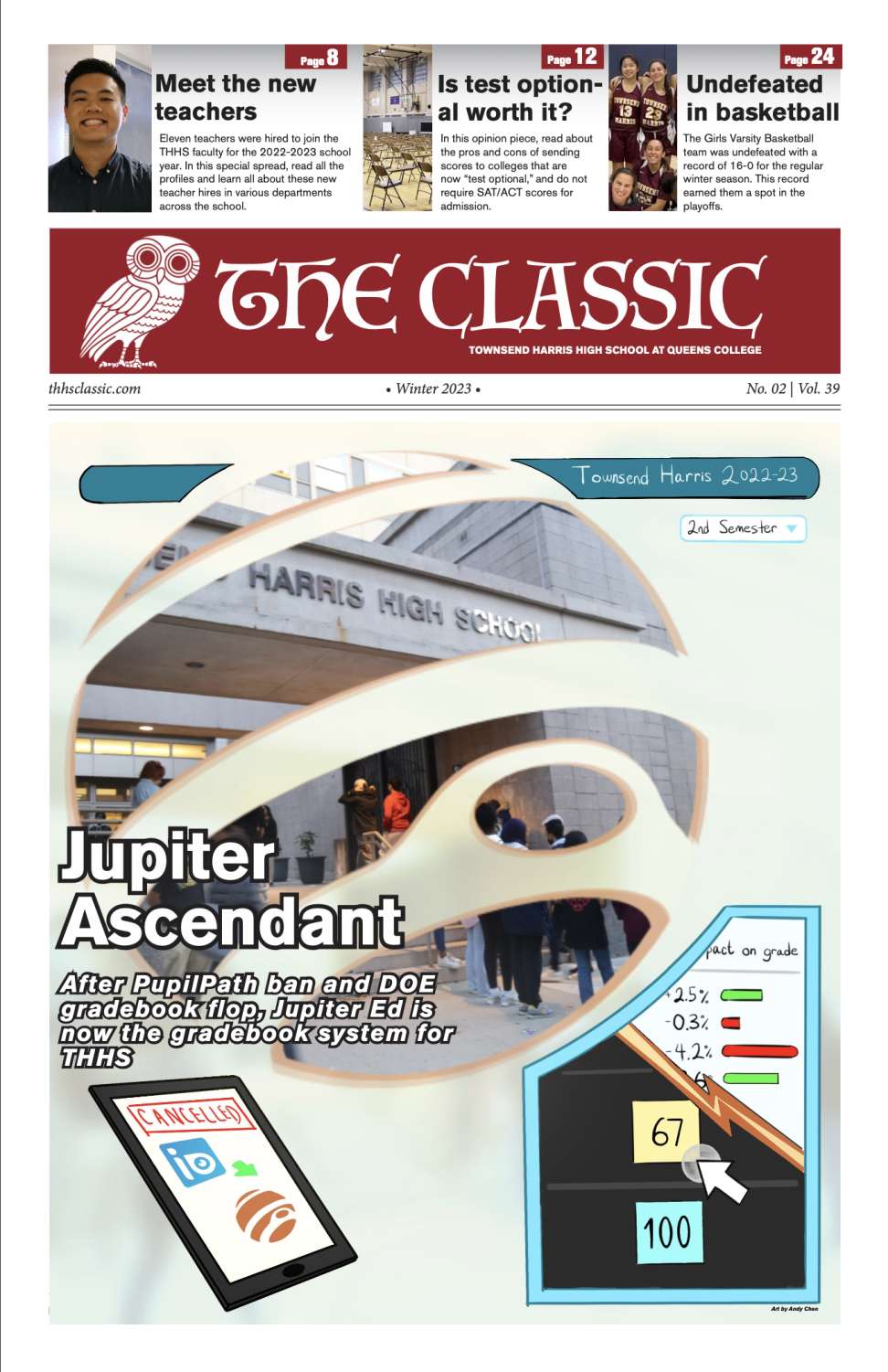
CarpeDiem62 • Aug 4, 2020 at 5:37 pm
Excellent piece. This alumnus clearly shows the impressive young men and women that pass through THHS. His suggestions should be taken to heart.